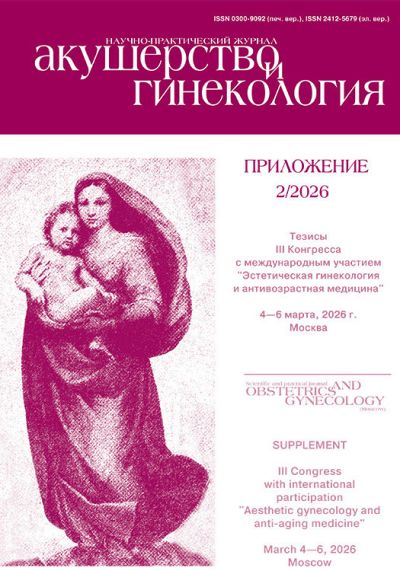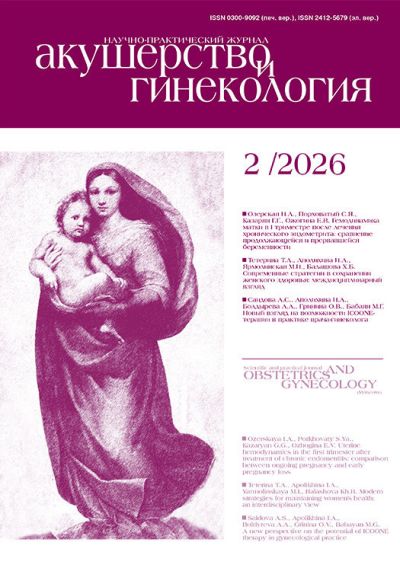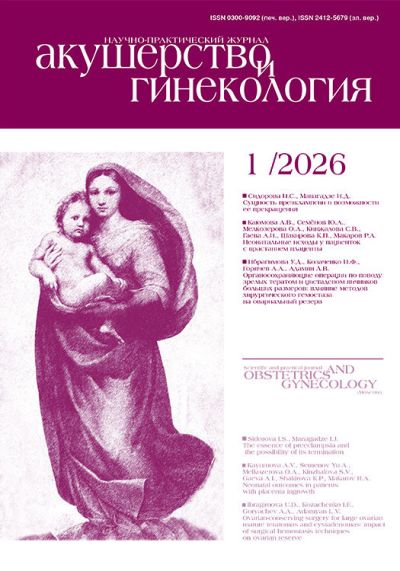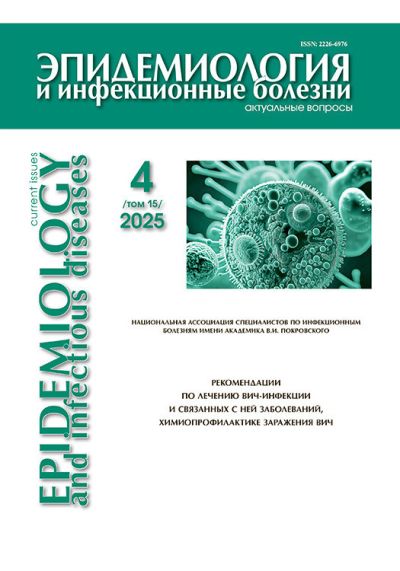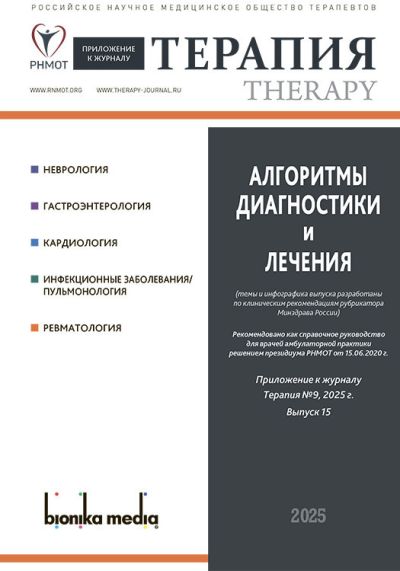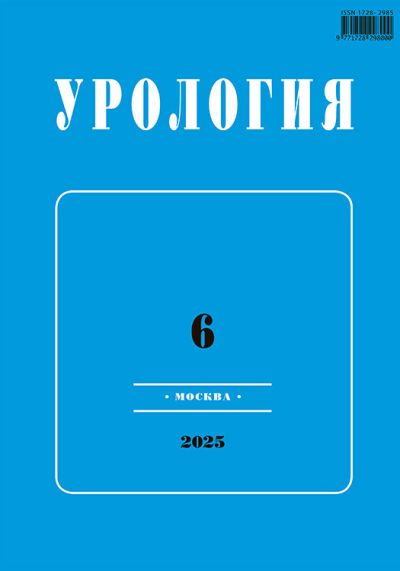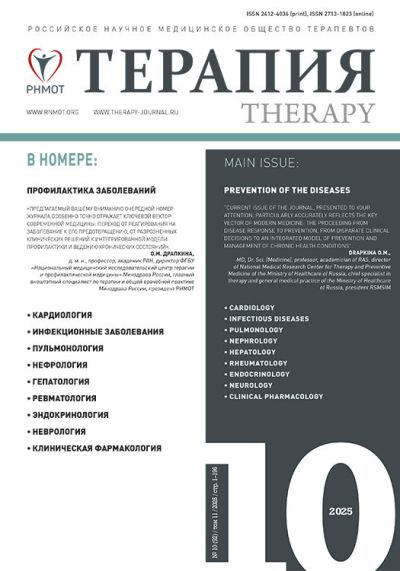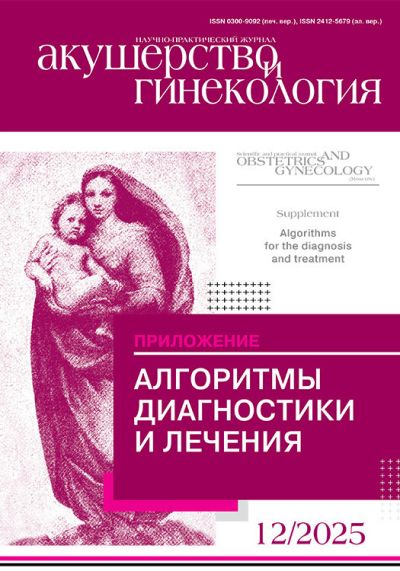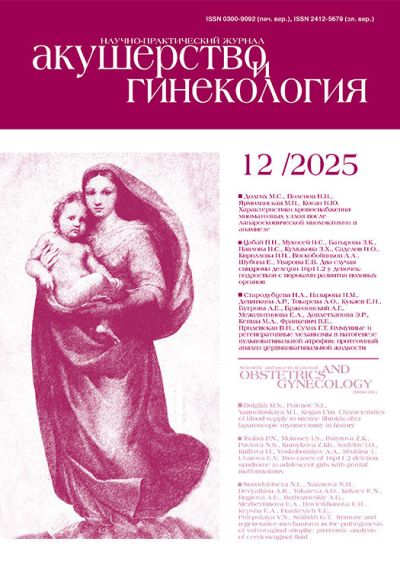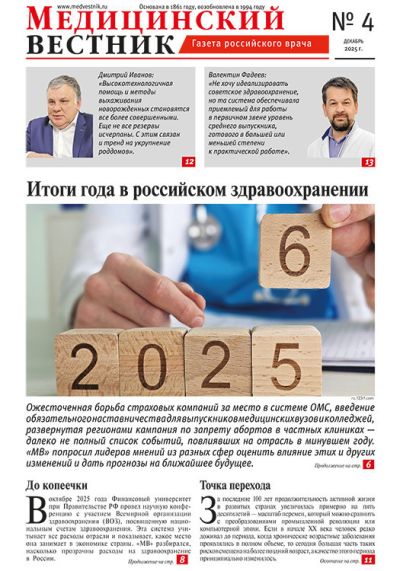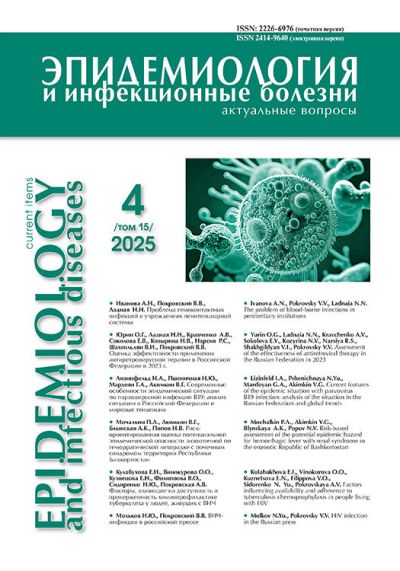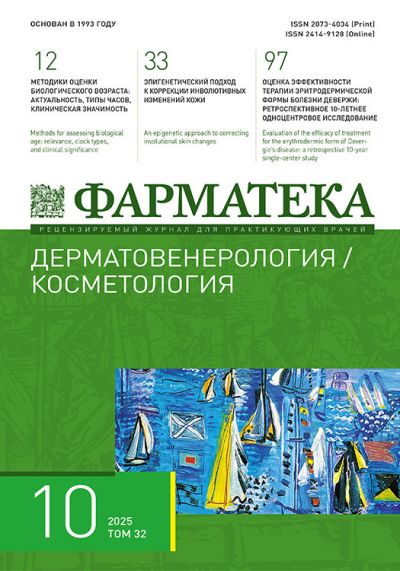Урология №5 / 2024
Изучение общей антиоксидантной способности и ее корреляция с уровнем иммуносупрессивных препаратов в крови после трансплантации почки
1) Исследовательский центр питания и продовольственной безопасности, Исфаханский университет медицинских наук, Исфахан, Иран;
2) Кафедра урологии, медицинский факультет, Исфаханский университет медицинских наук, Исфахан, Иран
Background. Oxidative stress could cause excessive generation of highly reactive oxygen (ROS) and nitrogen (RNS) species. In addition, it has been reported in disease of kidney as the highly metabolic organ within human body [1]. It is well known that the level of markers associated with oxidative stress increases in progression of chronic kidney disease and that correlated significantly with the level of renal function [2]. Hypoxia and ischemia inside the renal could cause creation of ROS such as peroxides, hydroxyl radicals and superoxide radical anions, that damage biomolecules and membranes and disturb organelle task and persuade renal tubule cell impairment, swelling and vascular dysfunction [3]. Therefore, a well-recognized activators of tissue injury via ROS are ischemia and reperfusion. In fact, ischemia strictly confines cellular oxygen and nutrient uptake, causing in severe tubular necrosis and inflammation that can worsen renal damage and cause functional fluctuations in the kidney [4].
Concerning reperfusion process oxidative stress could cause ischemia that subsequently increase graft dysfunction. In addition, anemia mentioned as an independent risk factor for an increase of oxidative stress after organ transplantation. Associated with graft function (delayed and one year), increased level of malondialdehyde on day 1 and day 7 after transplant considered as prognostic indicator respectively [5]. Inflammation due to oxidative stress could consequently cause cardiovascular disease, cancer, metabolic syndrome and other disorders in transplant recipients. As a result, inflammation markers are indirect signs of oxidative stress [6]. Immunosuppressive therapy could be associated with higher total antioxidant capacity (TAOC) [7]. Evaluation of presence or severity regarding oxidative stress can be assessed by various biomarkers produced from interaction of reactive oxygen species with ...

